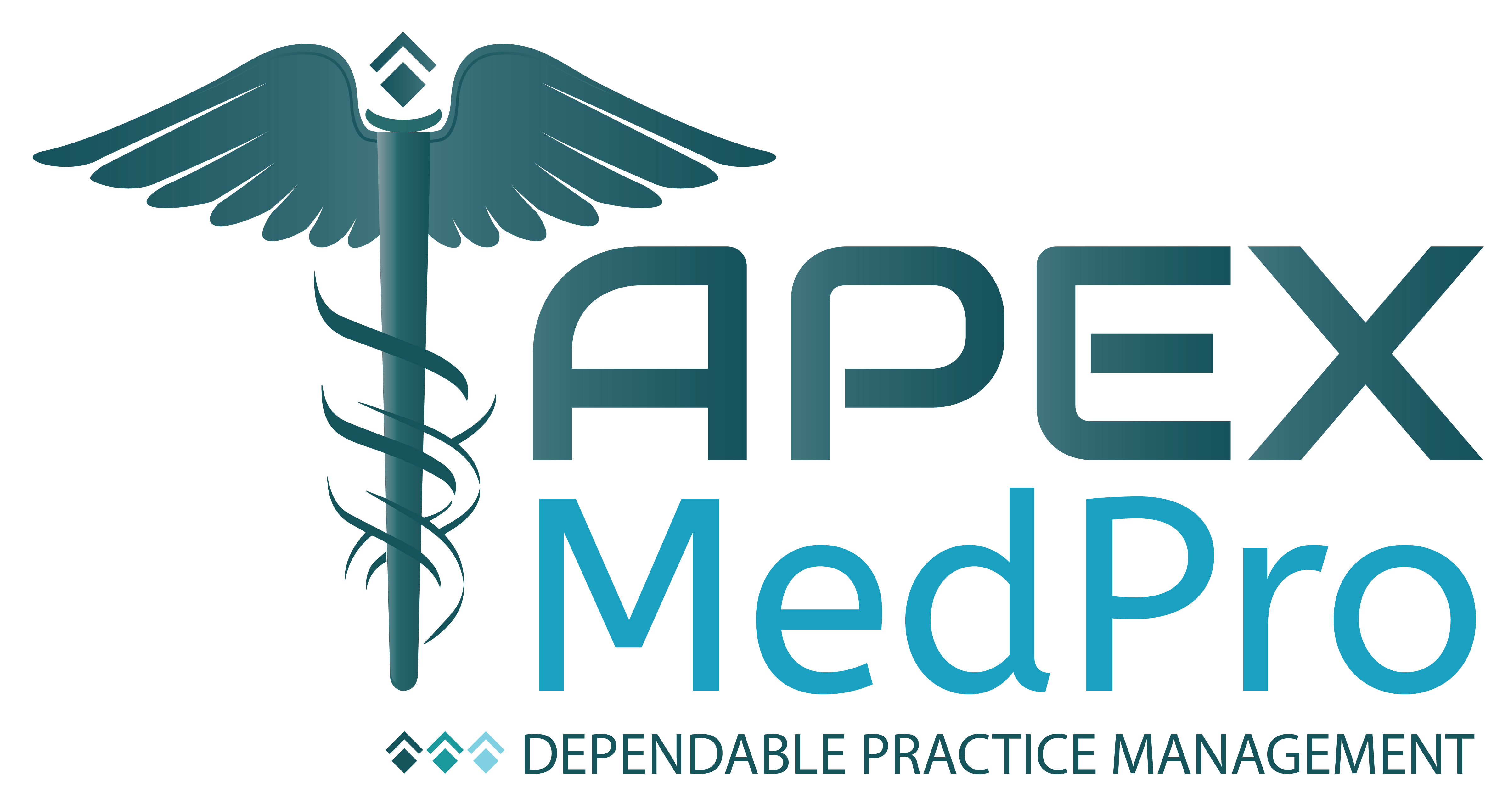The Anti-Kickback Statute and Stark Law prohibit medical providers from paying or receiving kickbacks, remuneration, or anything of value in exchange for referrals of patients who will receive treatment paid for by government healthcare programs such as Medicare and Medicaid, and from entering into certain kinds of financial relationships.
Difference Between Anti-Kickbacks and Stark Law
There are differences between the Anti-Kickback Statute and Stark Law, and regulations provide “safe harbors” permitting certain arrangements.
Significant experience with the statutes and regulations is often required to to understand, analyze, and develop a False Claims Act case based on violations of them.
Typically, however, the core analysis looks at the a fundamental question: was something of value provided to induce health care referrals?
This “thing of value” can be as simple as cash, or as complex as a carefully constructed physician employment agreement or the right to invest in a profitable joint venture. Basically, anything of value to a person in a position to refer, such as cheap office space, patients referrals, a free employee, or a fat bonus, can classify as an illegal inducement under the Anti-Kickback and Stark laws.
The Anti-Kickback Statute, 42 U.S.C. § 1320a-7b(b), covers a broader range of activity than the Stark Law, and extends to all medical providers in a position to arrange or recommend medical services. “Referrals” under the Anti-Kickback Statute include “any item or service for which payment may be made in whole or in part under a Federal health care program.”
While the Anti-Kickback Statute covers a broad range of activity, it also requires a showing of an “intent to induce referrals.” The criminal provisions of the Anti-Kickback Statute are violated where something of value is “knowingly and willfully” provided with a purpose to induce referrals.
Claims for payment submitted to Medicare or Medicaid that include items or services resulting from a violation of the Anti-Kickback Statute are deemed to be false claims under the False Claims Act, even if the defendant did not have the specific intent to commit a violation of the Anti-Kickback Statute.
Therefore, providers may not argue that they did not know they were violating the FCA because they were not aware the Anti-Kickback Statute existed.
The Stark Law
Under the Stark Law, 42 U.S.C. § 1395nn, “referrals” are limited to certain types of medical services, such as lab testing, hospital services, prescription drugs, and durable medical equipment, defined as “designated health services.” In addition, the Stark Law applies only to relationships with physicians.
The Stark Law, unlike the Anti-Kickback Statute, flatly prohibits a broad range of financial relationships, and does not require proof of an intent to induce referrals. Determining whether a particular financial relationship runs afoul of the Stark Law, however, can be more technically complicated.
Classic examples of violations of Anti-kickback and Stark laws include:
- Hospitals, nursing homes, labs, dialysis centers, drug, or DME companies paying kickbacks to doctors through big salaries or “consulting” fees to serve as Medical Directors, proctors, or “consultants,” where the doctors do little actual, useful work;
- Hospitals, nursing homes, labs, dialysis centers, drug or DME companies offering doctors in a position to make referrals the opportunity to buy into surgical centers, distributorships, joint ventures, or other investment opportunities on favorable financial terms — especially if those terms depend on the amount of business the doctor will refer;
- Hospitals paying their employed physicians salaries or “performance bonuses” tied directly or indirectly to the number of x-rays, lab tests, or procedures ordered at the hospital;
- Hospitals, dialysis companies, or other providers buying physician practices for inflated prices, with a requirement that the physician continue to work at the practice and refer business to the hospital or dialysis company;
- Hospitals offering physicians below-market-rate rent for office space, free access to clinical or administrative support staff, or other special deals on overhead expenses;
- Drug companies, DME companies, and providers of skilled therapy paying nursing homes for long term contracts to provide services to nursing home patients, or giving the nursing homes free or low cost access to consulting pharmacists, therapists, or other clinical or support staff to access their patient populations;
- Drug companies paying kickbacks to pharmacies (retail or specialty) to get them to switch patients’ prescriptions;
- Drug companies paying kickbacks to insurers to get on their formularies;
- Payments by specialty pharmacies, DME suppliers, therapy centers, nursing homes, etc. to patient recruiters or to patients directly.
Blowing the whistle on unlawful financial arrangements and kickbacks
We can’t list every way that people have tried to cheat the healthcare system, and people are always finding new ways. Whistleblowers have played a critical role in exposing violations of the Anti-Kickback Statue and Stark laws, maintaining the integrity of the system, protecting patients, and saving taxpayer money.
Unlawful kickbacks and financial arrangements are planned and carried out at many different levels of the healthcare system – from individual medical offices to the executive offices of global pharmaceutical companies – and the government has long viewed enforcement of the Anti-Kickback and Stark laws as material to preventing healthcare fraud, waste, and abuse.

